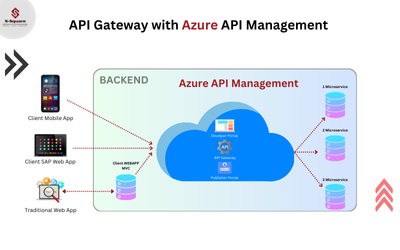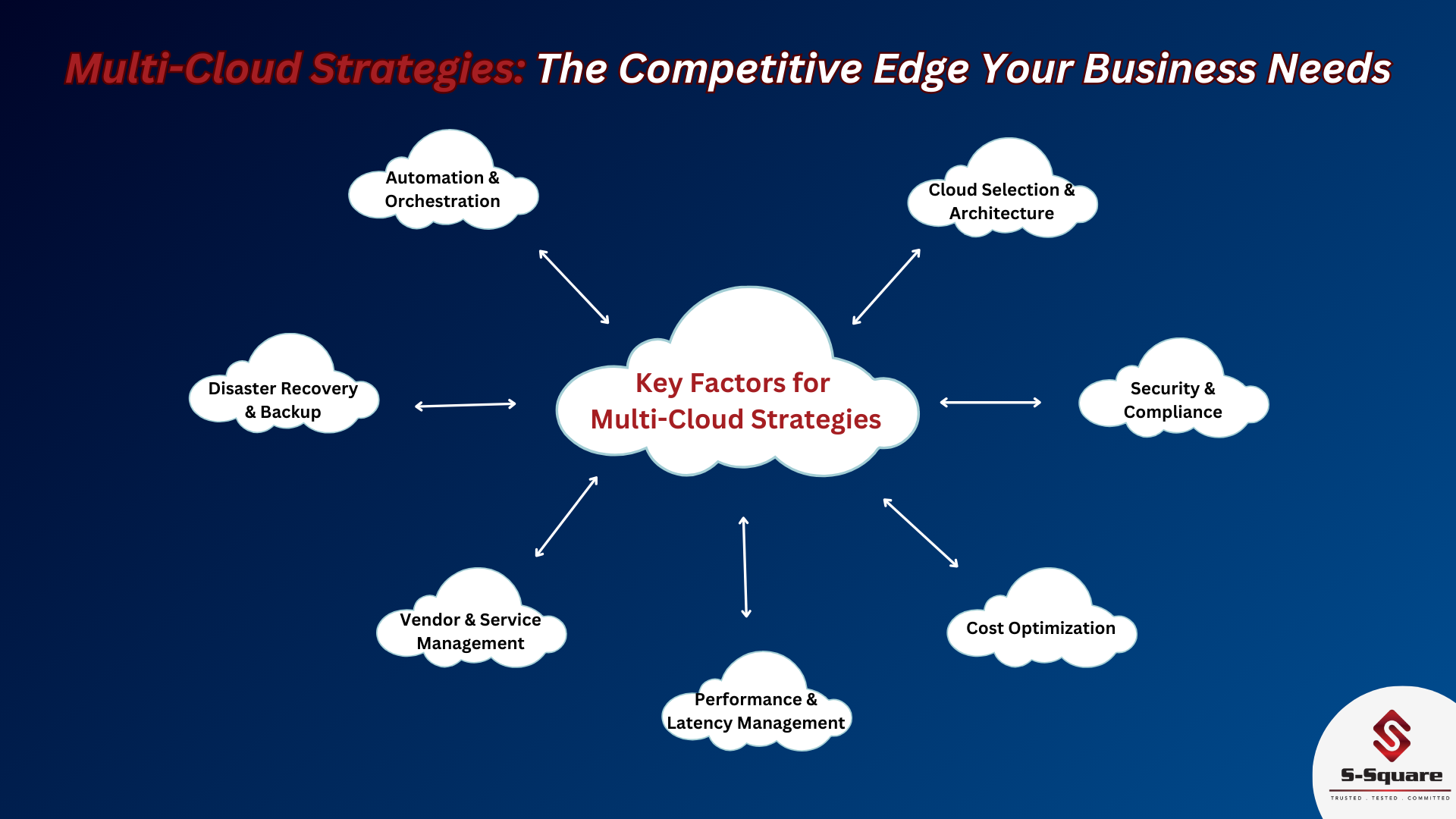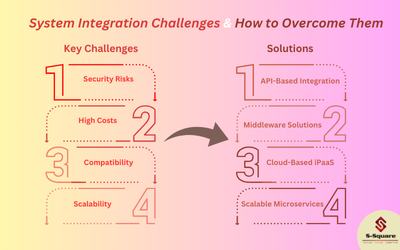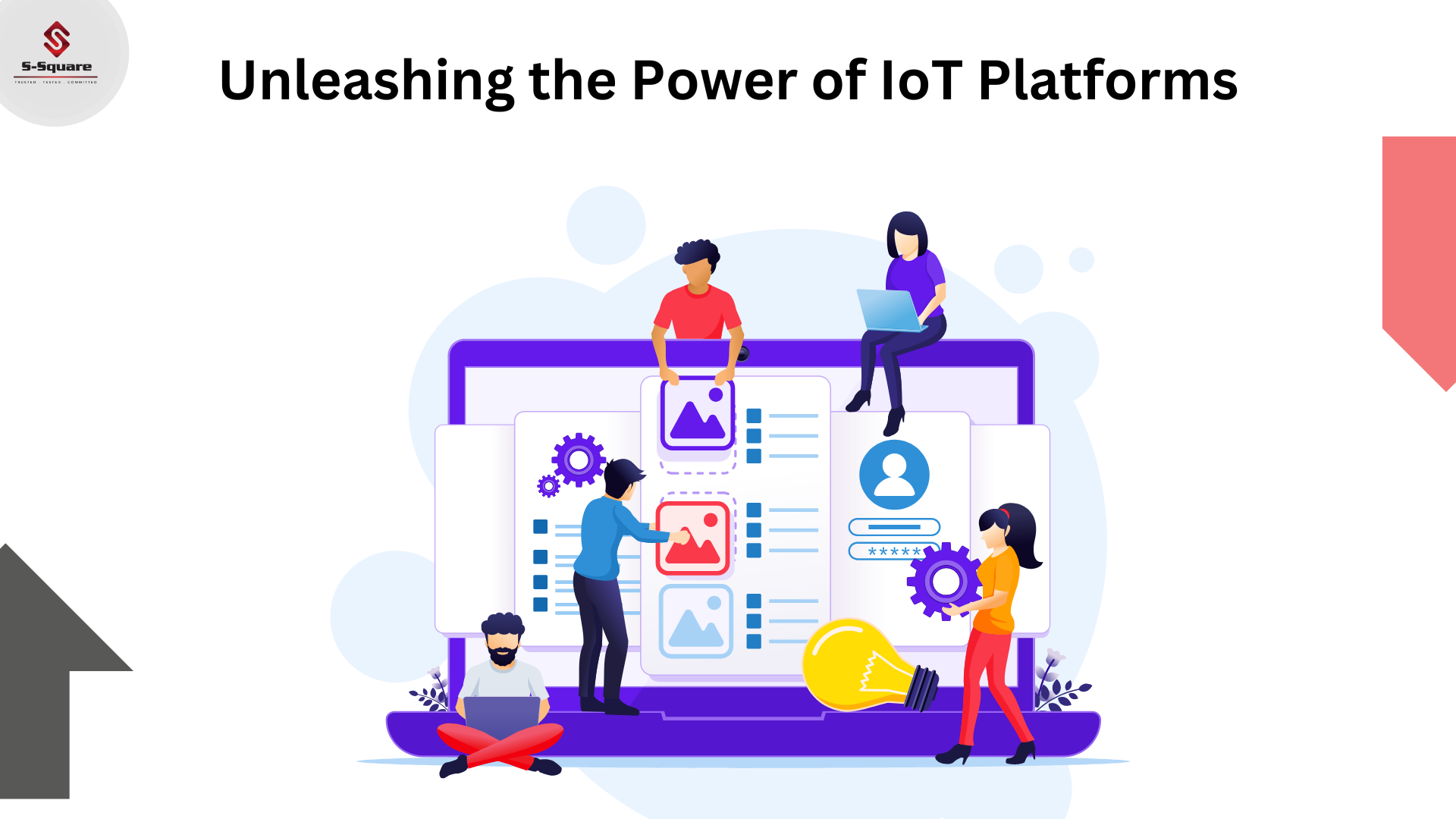
Internet Of Things (IoT):
IoT technology is all about how different devices, systems, applications and other things can be connected over a network to exchange data with or without human involvement. With the help of Artificial Intelligence (AI) and Machine Learning (ML), Internet of Things (IoT) is making it possible for even non-standard internet connectivity devices like houses, cameras, vehicles connect to each other while sharing data.
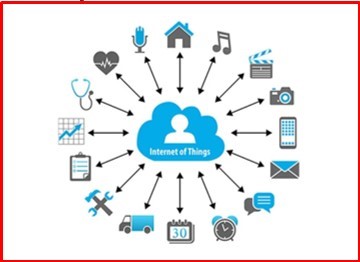
Before IoT inception – only mobiles, laptops, computers, other internet ready devices were able to connect to each other in sharing or exchanging data between but now almost everything and anything can be converted as a connectable device or asset. Best examples can be Smart Devices (Alexa), Smart Homes, Smart Watches, Smart Cars and even Smart Cities. These decision makings can be automated or notified to respective end user or device for next step at IoT platform.
IoT Process Can Be Explained In Simple Terms As Below:
Once the data is collected from different sensor sources like mobile phones, laptops, bio-metric devices, it will be sent to IoT platform which is nothing but a cloud infrastructure via wired, wireless or LTE mediums for processing. At this stage, all the data received will be stored and analysed for predictions or decision making using Big Data Analytics tools.
Best example here can be a smart bulb. A bulb with internet connectivity capability can be operated (On/Off/Colour Change/Schedule-Time start or stop) using mobile application via wifi or LTE. This transformation was made possible because of IoT capabilities only.
IoT has taken mobile and SAAS (Software As A Service) technologies to next level while creating a lot of scope for automation.
Data can be exchanged between devices via cloud APIs, these APIs can be exposed at the device level or at cloud level. Considering the right cloud architecture and right cloud platform to host the applications is very important aspect. Also, instead of building complete platform as on-premises it is advisable to adopt PaaS (Platform as a Service) products where most of the dependent products and services are available at respective PaaS product marketplace.
Some Of The Internet Of Things (IoT) Platforms:
-
- Cloud IoT Core by Google
- Microsoft Azure IoT Hub
- AWS IoT Core
- IBM Watson IoT
- Siemens MindSphere
- Cumulocity IoT Platform
- Cisco IoT Cloud Connect
- Oracle IoT Platform
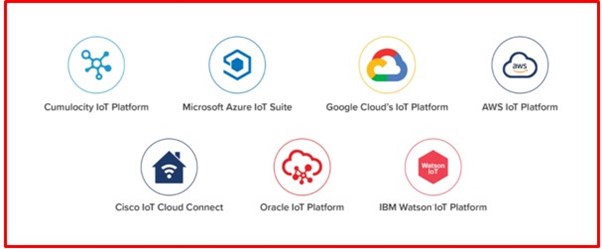
In order to make IoT platform more feasible and less expensive, all the layers in one technology stack should be easily integrated with other technology stack layers. Also, cloud gateway plays an important role while all the data being coming in and out of cloud platform and while integrating new applications or while replacing existing applications or services. IoT platform administrators are responsible for monitoring and maintaining cloud services and cloud platform.
IoT development needs programming language skills like Java, Python, C/C++, JavaScript and PHP. IoT platform administration needs good knowledge on cloud computing like AWS, Azure, GCP, cloud services like storage and networking.
